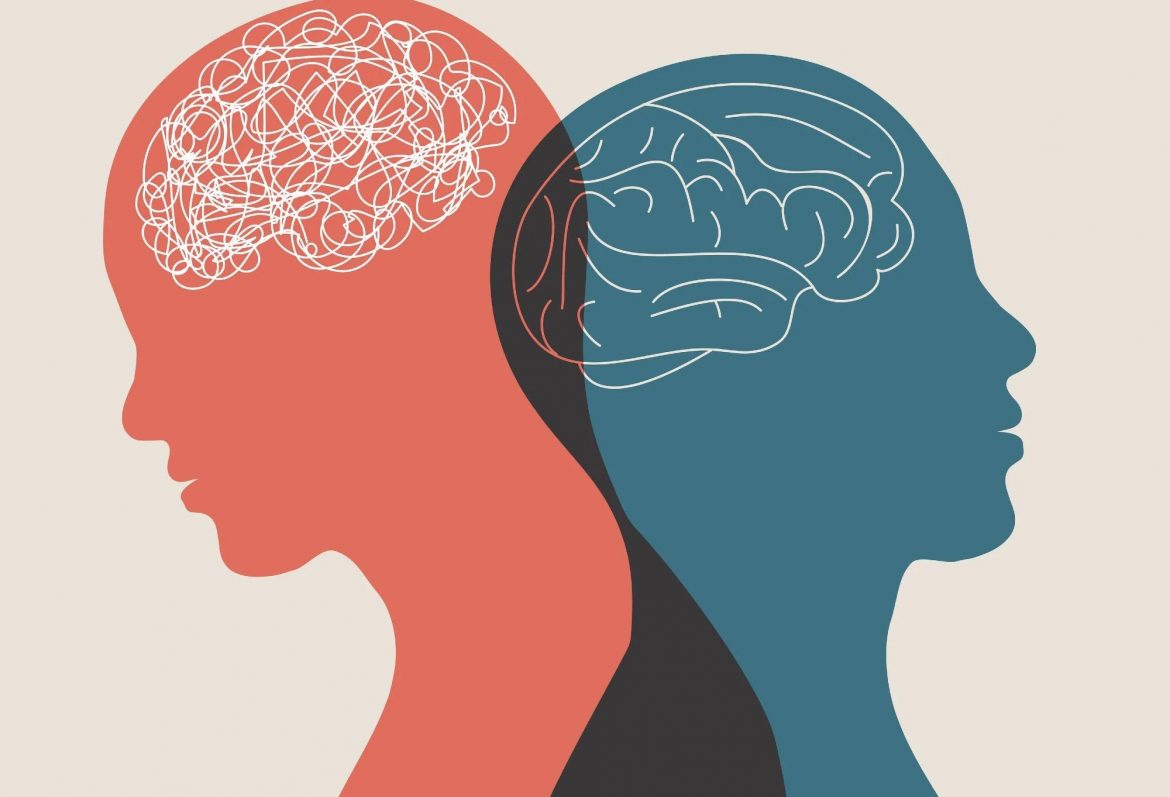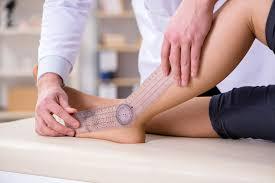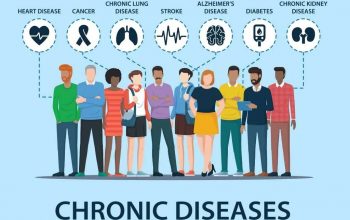Men are notorious for keeping things bottled up. When you’re feeling sad, Dr. George Hatoum, an experienced Family Doctor (GP), suggests taking action to get additional assistance is the right thing to do.
While you try to go it alone when you’re feeling sad, you increase the chances of depression or anxiety going unnoticed and untreated. Depression is a decisive risk factor for suicide and contributes to the significant disparity in suicide rates between men and women.
One in every eight men will suffer sadness, and one in every five men will feel anxious at some point in their life. Males account for 75% of individuals who die from suicide. Every year, the number of men to commit suicide in Australia is approximately double its national road toll.
Everyone’s mental health fluctuates throughout their lives, shifting from healthy and positive at one end to severe symptoms or illnesses that interfere with daily life at the other in reaction to various pressures and experiences.
According to Dr. George Hatoum, successfully managing your mental health can enhance the quality of your life, increase your ability to support your family and friends, and allow you to function at your best.
Why is it so difficult for guys to get treatment for their mental well-being?
Data demonstrate that, while more men are increasingly seeking mental health help, they do so at substantially lower rates than women.
As per Dr. George Hatoum‘s experience, anxiety, despair, and social isolation have all received increased attention in Australia recently, particularly during the COVID-19 pandemic. It is depressing and worrisome that men outnumber women in suicide rates, with men accounting for over three-quarters of all suicide deaths in Australia.
Dr George Hatoum noted that in one study, it was discovered that male leaders who requested assistance in the workplace were rated less effective than male bosses who did not seek help. The same could not be said for female leaders.
Dr. George Hatoum believes that although there is evidence that the reported support and advice gap between men and women is closing, the link between gender and help-seeking regarding mental health concerns and suicidality “is more complicated than meets the eye.”
He further explains that various factors, including ideas about male standards and structural impediments such as finances, knowledge, and the availability of appropriate treatments, might impact men’s decisions to seek help.
Dr. George Hatoum maintains that men are also more inclined to seek counselling if they belong to a sexual preference minority, are employed, are older, and/or are separated, widowed, or divorced. However, socioeconomic position and ethnicity have a significant influence on these parameters.
Stereotypes and society
The media and pop culture have effectively convinced males that vulnerability is unconsciously associated with weakness or failure.
According to Dr. George Hatoum, we are subjected to preconceptions from the minute we are born, irrespective of gender, like a baby girl covered in a pink blanket as opposed to a blue blanket or a toy car rather than a doll for the boys. Stereotypes are established in our culture, whether we like them or not, and we are becoming increasingly conscious of them.
Thankfully, outdated adages such as “boys don’t weep” and “a guy never backtracks from a battle” are becoming obsolete – though those intended messages may still be propagated surreptitiously.
Dr. George Hatoum observes that it is critical to recognize that males are not a homogeneous and distinct group. A man’s choice to seek help is influenced by various circumstances, including his ideas about obtaining help. For example, support for male characteristics like stoicism is connected with a lesser inclination to seek help.
While the rugged and macho ‘Marlboro Man’ is becoming a bygone era’s hero, we can really see society making a shift and becoming more aware of subliminal messages and embracing a diverse range of cultures, perspectives, beliefs, and values.
In recent years, mental health has received much attention in Australia. Getty Images
Obtaining assistance
Mental health system has deteriorated over the last few decades, resulting in Royal Commission and reports in many of the states, like NSW & Victoria’. It was found by the Commission that there are huge gaps in accessibility, inequities, and the need for reform.
The Royal Commission issued 65 recommendations to reform the mental health care system whenever the final report was presented. The State Government has since contributed billions of dollars to fund the revitalized system. While the additional assistance will benefit patients greatly, men have already begun to reverse the trend.
While more men in Australia are embracing their feelings and seeking mental health care, Dr. George Hatoum strongly believes there is still much opportunity for growth. According to him, the rise in males seeking care can be partly linked to increasing government support for male mental health efforts.
Despite an increase in help-seeking, we realize that men are more likely will undertake fewer support sessions and leave treatment prematurely. This shows a need to improve service offers to ill males and a greater emphasis on help-giving by those positioned to reach out and offer service.
Standing in unison
Dr. George Hatoum believes there is a role in upskilling individuals to respond sympathetically and effectively to guys experiencing distress in the long run. With unity lies progress and we must all do our part to watch out for one another.




